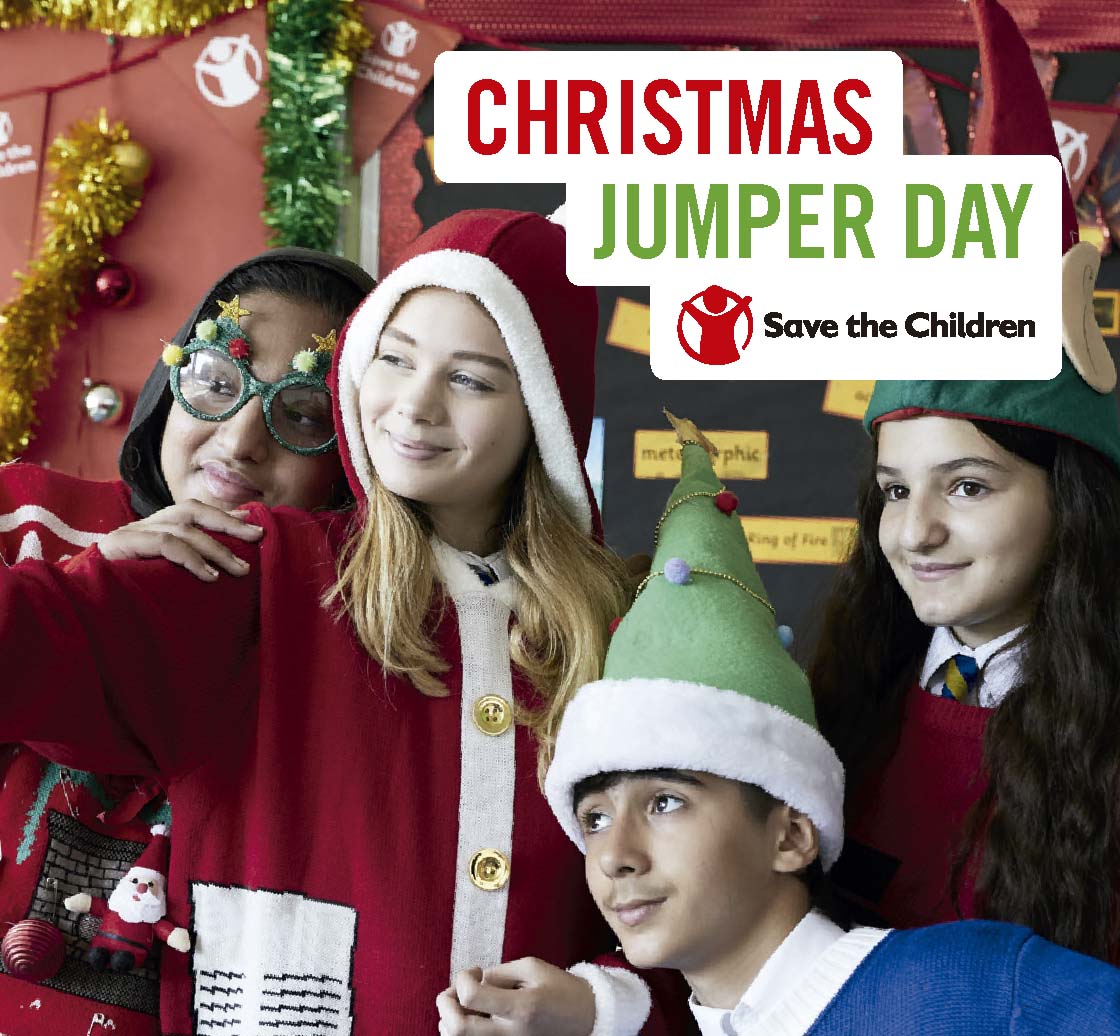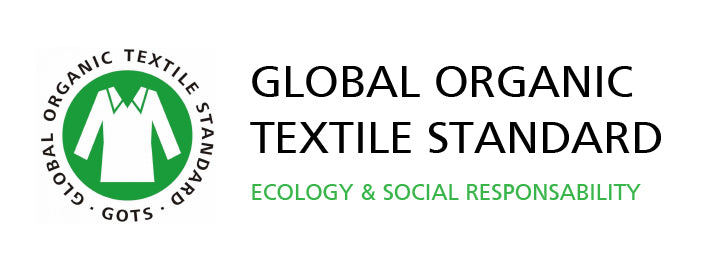Corporate Social Responsibility at Christmas Pajamas

Partnership Between Christmas Pajamas and Save the Children
We’ve teamed up with Save the Children to make a meaningful impact: for every order you place, we donate the equivalent of a full meal for an entire family. Your purchase helps provide families with essential resources like cereal seeds and grain, allowing them to grow their own food and put meals on the table.
In some of the world’s most climate-affected regions, Save the Children works to reduce the impact of climate change. This includes supporting climate-smart farming practices so families are better equipped to handle extreme weather. These efforts help protect children from climate-related diseases like cholera and typhoid, and also address malnutrition and other serious health risks. Just as importantly, they help ensure children have access to education—paving the way for a brighter future.
Where does the donation go?
Your donation supports Save the Children’s Emergency Fund, helping ensure that kids can go to school and that families in areas facing food shortages and extreme climate conditions have daily access to nutritious food.
Every child deserves a safe and healthy childhood, proper nutrition, and the chance to learn. But climate change is one of the biggest threats to those basic rights—and to their future.
Children born today are expected to face far more extreme weather events as they grow up, including heatwaves up to seven times more intense than what we experience now. These conditions will make life even harder for future generations—and for many children around the world today—by increasing hunger, forced displacement, and missed opportunities to learn.
That’s why we’re proud to support Save the Children’s efforts to protect kids everywhere from the growing impact of the climate crisis—both today and for the future.
Why Save the Children?
We chose Save the Children as our main charity partner for a number of reasons:
- They support children in need around the world—and your order directly helps provide school supplies, meals, and basic essentials to those who need them most.
- Save the Children is also the organization behind International Christmas Jumper Day, celebrated every December. On that day, kids and teachers wear their favorite Christmas sweaters to school, and families are encouraged to donate to support the cause. Thanks to your purchase, we’ve already made a donation on your behalf—but you’re always welcome to give more if you’d like.
- Sharing the Christmas Spirit. Along with our commitment to being a sustainable, animal-friendly, and eco-conscious brand, we also care deeply about making a positive impact. Helping children from disadvantaged backgrounds perfectly reflects the spirit of the season—and aligns with Save the Children’s mission
We hope you’ll join us in supporting this partnership and being part of the meaningful change we’re working to create.

What else are we doing for Corporate Social Responsibility?
We’re proud to be a unique player in the Christmas apparel industry by focusing on organic cotton production—which uses about 91% less water and avoids harmful chemicals and pesticides.
Our products are made in factories that are committed to sustainability and strictly follow fair labor practices and human rights standards.
Even though Christmas clothing is seasonal, we believe in doing things the right way. That means taking full responsibility and producing our garments as sustainably and ethically as possible.
How can you verify we are not Greenwashing?
We have committed to maximum transparency. Therefore, we hold the GOTS (Global Organic Textile Standard) certification, recognized as the most rigorous and challenging standard to achieve for organic cotton textiles.
Check our GOTS certification here: https://global-standard.org/find-suppliers-shops-and-inputs/certified-suppliers/database/search_result/35796
This certification requires documentation of material handling throughout the entire value chain—from the farm to our facilities—and rigorous compliance with human rights, wastewater management, and freedom of association.
These may seem fundamental, but in many countries, these conditions are not met.



